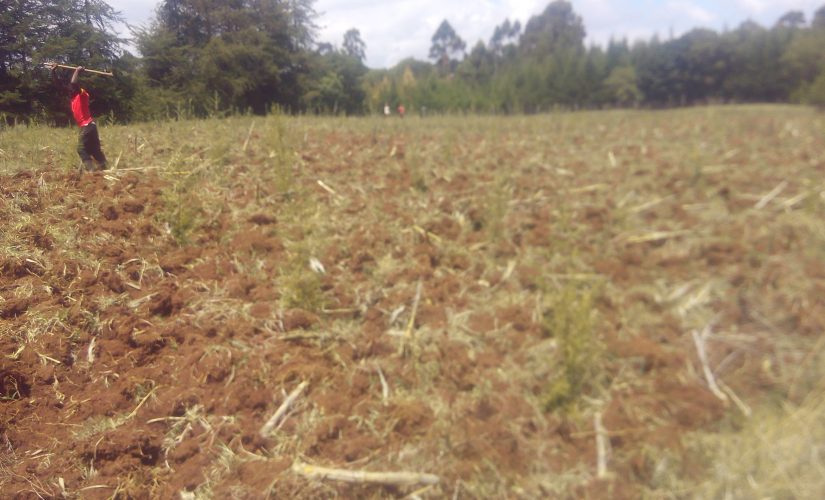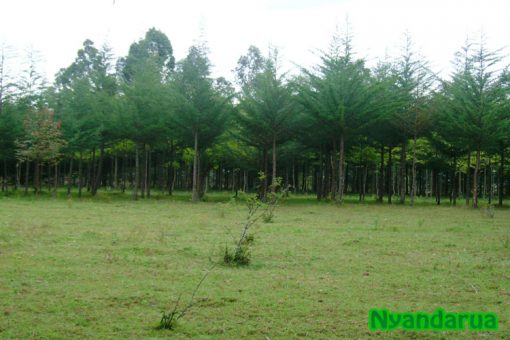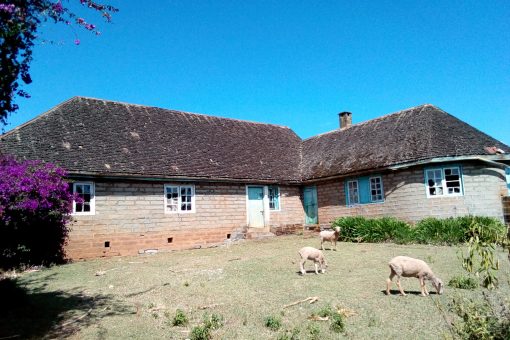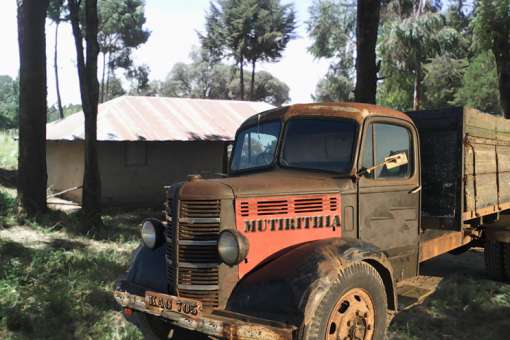Owing to the size of majority of farms, most families had hired farm hands. The Settlement Scheme was fairly new, so there were not many people from the neighborhood who were looking for work as farm hands. In the late 1960s and early 70s, our parents brought farmhands from Gikuyu. Those were young men who they thought would appreciate a job opportunity, earning something for themselves rather than wasting their youth in Gikuyu doing nothing. Those Gikuyu people were a disappointment. They were full of complaints. They could not handle the cold Nyandarua temperatures and they also complained that the work was too much and never ending. Well, my parents said there was nothing they could do about those two complaints. So, they started seeking out workers from far away places.
Word was also getting around about the new Settlement Schemes with Kenyans as the new landowners, occupying huge chunks of land. People from other tribe started coming around looking for work. In our home, my father always hired two workers. One took care of the livestock, moving them from one paddock to another and making sure they were well watered. His job was also to mend fences wherever they needed repair. He also spent his day clearing the thick undergrowth in heavily forested areas making room for more grass to grow for the animals to graze. He also chopped off low hanging limbs from trees leaving them to dry over time, providing firewood for household use.
The other worker milked the cows, delivered milk to the collection center and did any other chores relating to milking. He fetched animal feed for filling the troughs (miharati) during milking. He harvested and chopped Napier grass (thaara), Oats (uuti) other grasses and weeds (mahuti ma ng’ombe), produce like sukuma wiki, cabbage and others when there was an oversupply. He also did other chores as designated by my parents. Most of those workers came from far off places, mainly from other tribes. We had Luhya, Kalenjin, Samburu, Woria and Kikuyus from far off places like Molo, Rumuruti, Nanyuki, Subukia and other places we had never heard of.
Some of these workers came with their families or they brought them later after they settled on the job. Those with families were likely to stay for years because they were looking for a stable place to raise their children. As the husband worked for us, his wife also made extra cash doing farm or household chores for my mother. It was the ideal situation but it was also rare.
What is amazing to me is how these strangers showed up at our home, said they were looking for work, and if we had a vacancy, we hired them without knowing anything about them other than what they told us. They lived with us for years and we never questioned where they were from or who their families were. That is trust. They did not know us either, yet they became part of our family working alongside us for years. Today, I would be very uncomfortable if some stranger strolled into our home looking for work. I will need a copy of their national ID and some serious references from people they have worked for before. It is sad, but that is what our world has become. You cannot just trust people without knowing something about their background.




